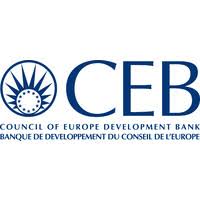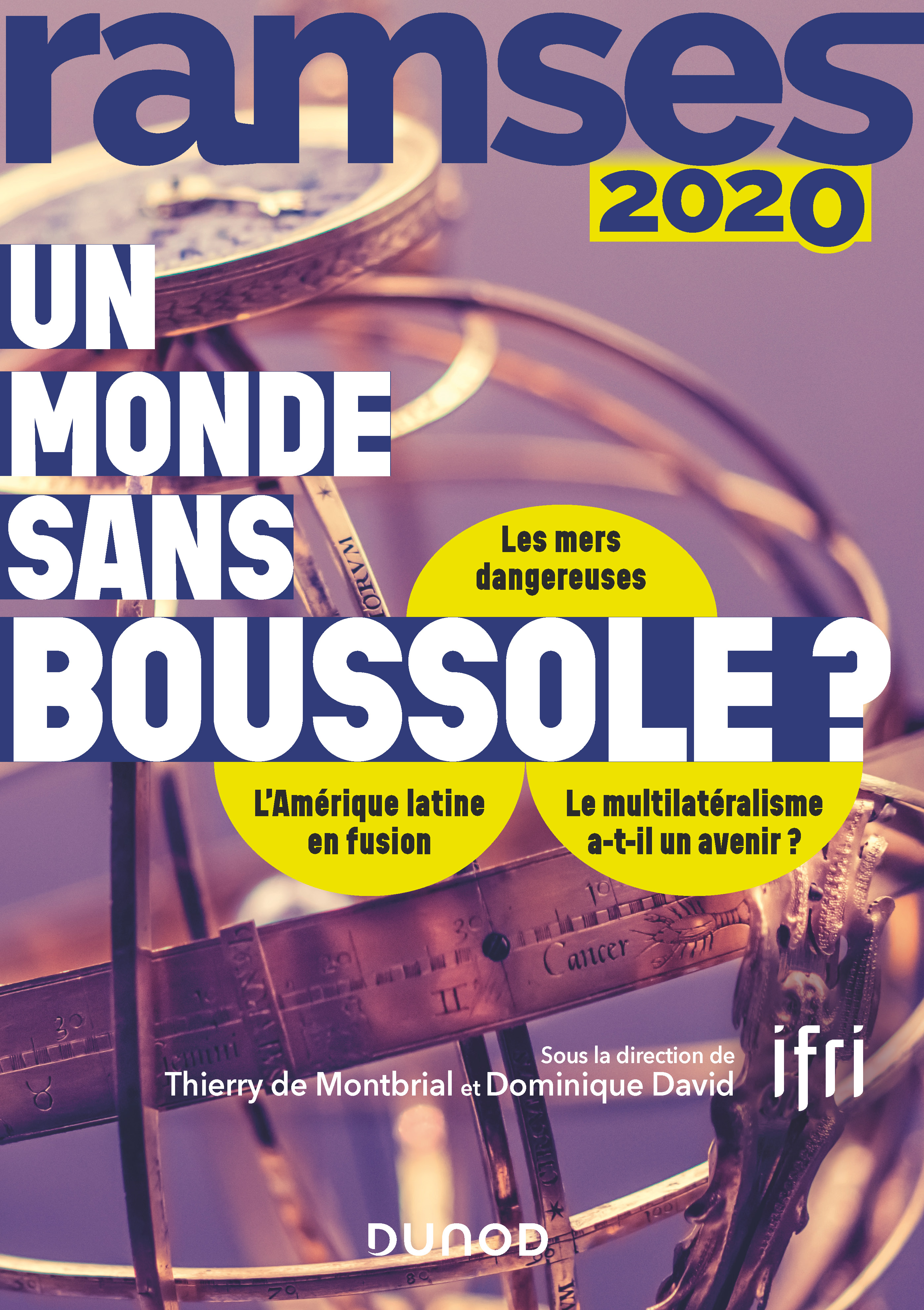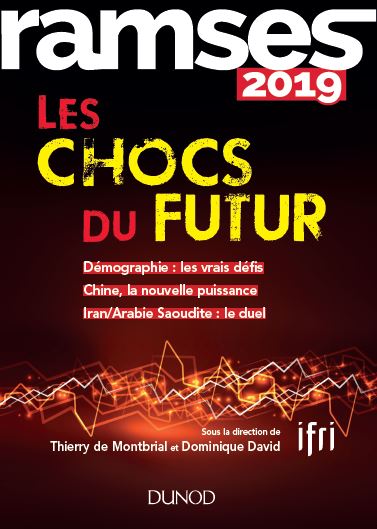

“It is Easier to Change Your Mind in Small Communities” – Resettling Refugees in Rural Areas in France
Smaller municipalities and rural areas can be places where refugees are welcomed and where they can integrate more easily. People living in rural areas are very proud of their towns and often make an effort to mobilize and include newcomers in their communities.


Integrating refugees: are small towns inventing a model for tomorrow?
Matthieu Tardis, Research Fellow at the Centre for Migration and Citizenship at the French Institute for International Relations (Ifri), describes how small towns and rural areas are welcoming refugees and enabling them to settle.
Is the EU Better Prepared for the Next Migration Challenges?
The European Union did respond to the massive influx of migrants in 2015, but with short-term measures, which have widened the divisions between member states.

RAMSES 2020. A World without a Compass?
RAMSES 2020. A World without a Compass?, written by Ifri's research team and external experts, offers an in-depth and up-to-date analysis of geopolitics in today’s world.
Another Story from the "Refugee Crisis". Resettlement in Small Towns and Rural Areas in France
Since 2015, refugee resettlement programmes have grown significantly in Europe becoming a key component of European asylum strategy. In 2017, Emmanuel Macron committed to resettle in France 10,000 refugees until the end of 2019. Refugees from Syria and Africa are increasingly welcome in small towns and rural areas.
Migration and Cohesion in Europe: a Challenge, not a Contradiction
The eighth position paper of the Daniel Vernet Group addresses immigration, integration and cohesion in Europe where migration is often perceived as a threat to cohesion within societies and also among states. In the paper, the Daniel Vernet Group argues that migration and cohesion are not contradictory. However, Germany and France need to develop common approaches in order to encourage the finding of European answers to these challenges.

2019-2029: The World in 10 Years
The last four decades have witnessed the profound transformation of the very foundations of the international system: the globalization of trade, technical revolutions, the upheaval of the hierarchy of powers, the emergence of China, the explosion of the Middle-East, the mutation of conflicts and threats, climate concerns, etc.
The Global Compact for Migration. Towards Global Governance of International Migration?
The “Global Compact for Safe, Orderly and Regular Migration” was adopted in Marrakesh on 10 and 11 December 2018, after 18 months of consultation and negotiation. It is presented as the first United Nations’ agreement on a comprehensive approach to international migration in all its aspects.

RAMSES 2019. The Clashes of the Future
RAMSES 2019. The Clashes of the Future, written by Ifri's research team and external experts, offers an in-depth and up-to-date analysis of global geopolitics.
Immigration: Europe in the Face of an Italian Crisis
Since the Italian election held on March 4th, 2018, immigration policy has become a hotter-than-ever issue both at national and European level. The Aquarius incident has brought to light the question of European solidarity regarding immigration issues.
Support independent French research
Ifri, a foundation recognized as being of public utility, relies largely on private donors – companies and individuals – to guarantee its sustainability and intellectual independence. Through their funding, donors help maintain the Institute's position among the world's leading think tanks. By benefiting from an internationally recognized network and expertise, donors refine their understanding of geopolitical risk and its consequences on global politics and the economy. In 2024, Ifri will support more than 70 French and foreign companies and organizations.









